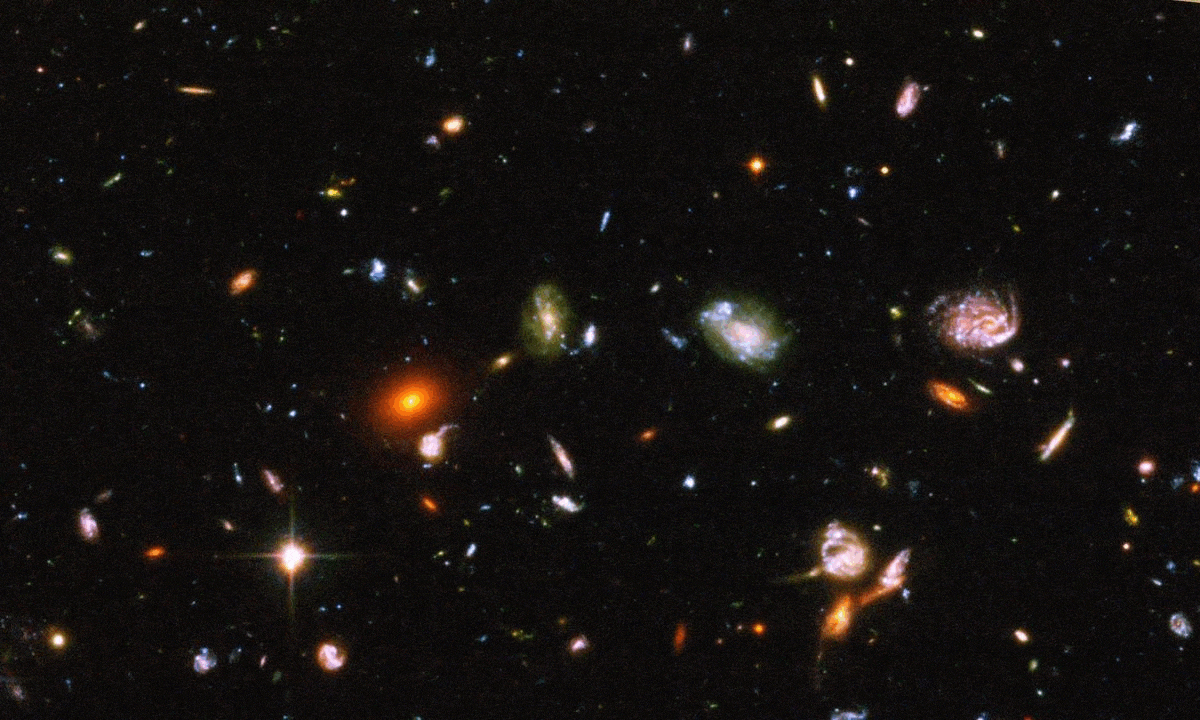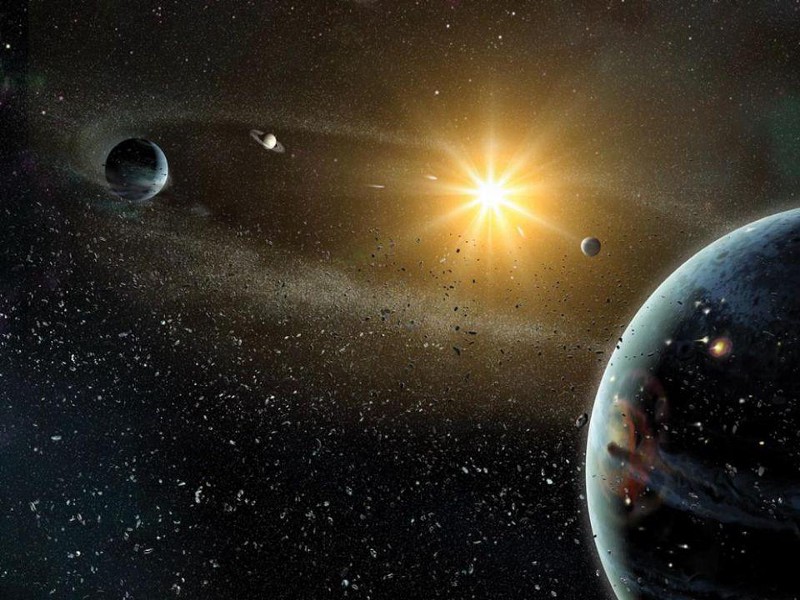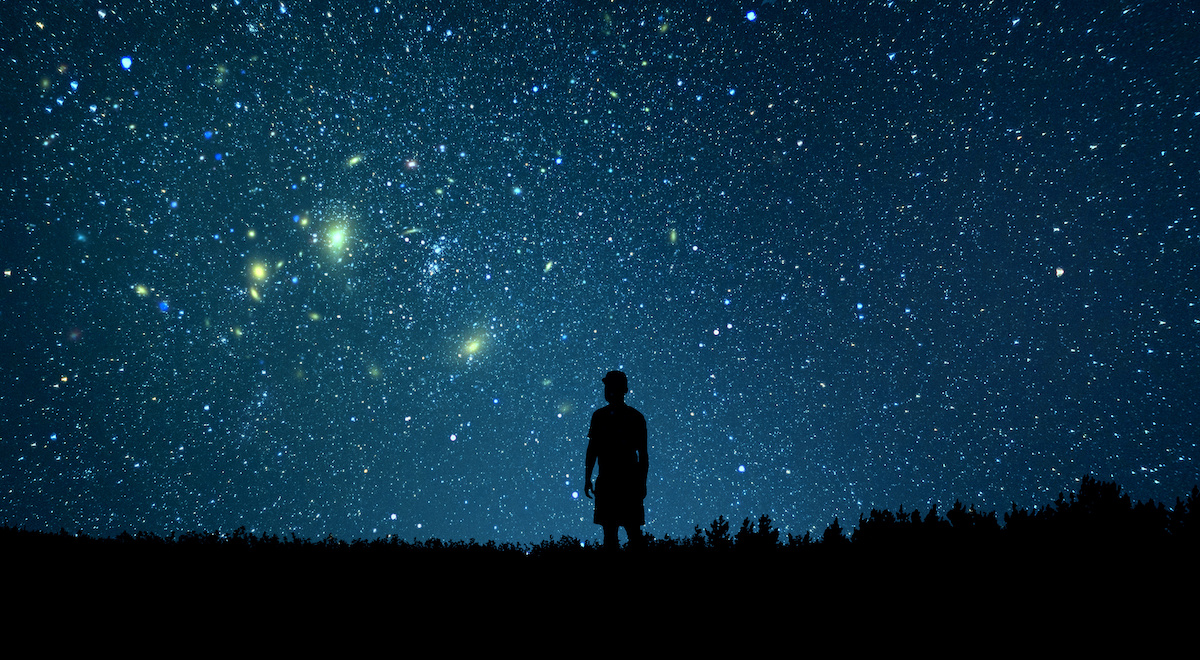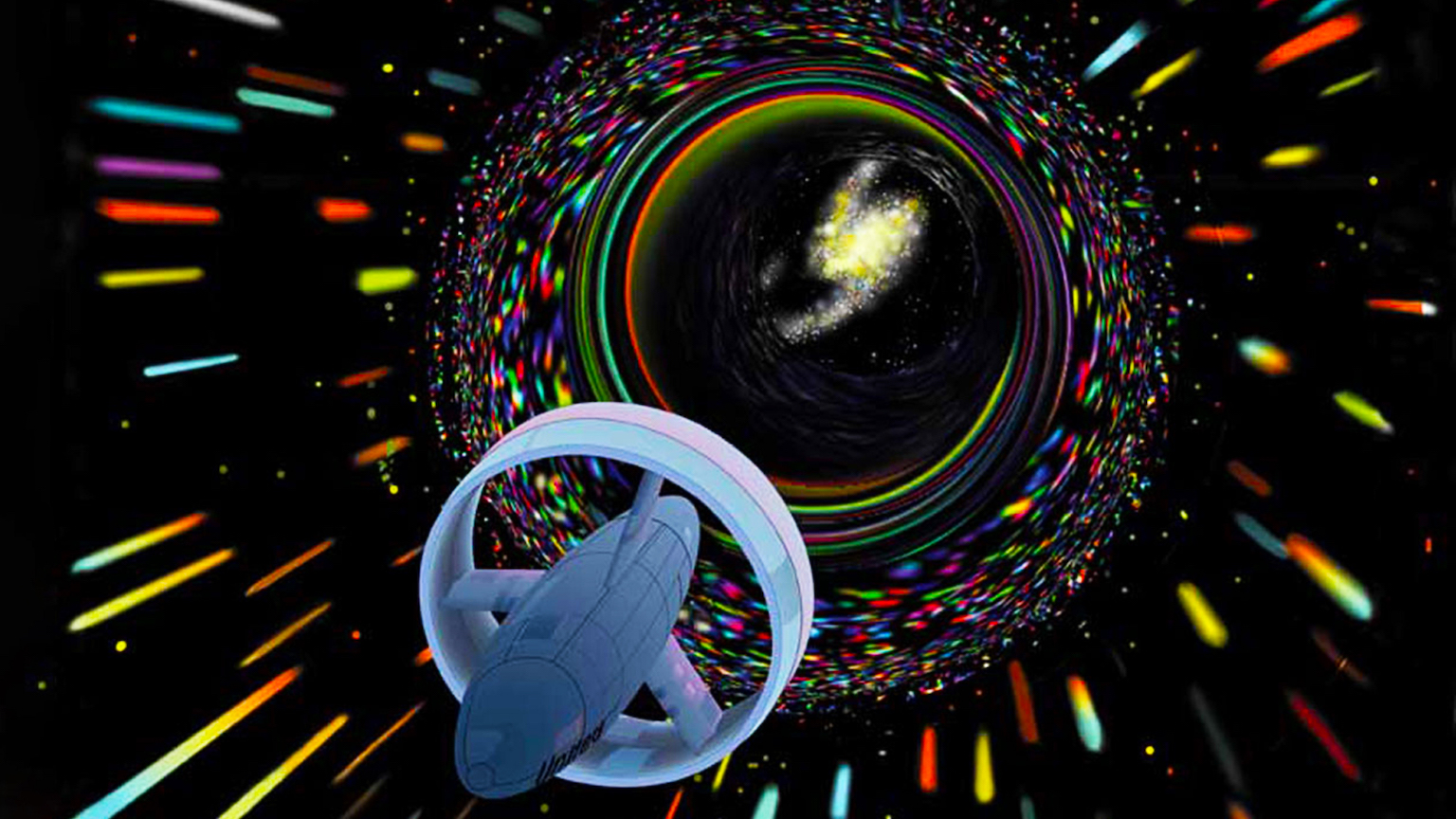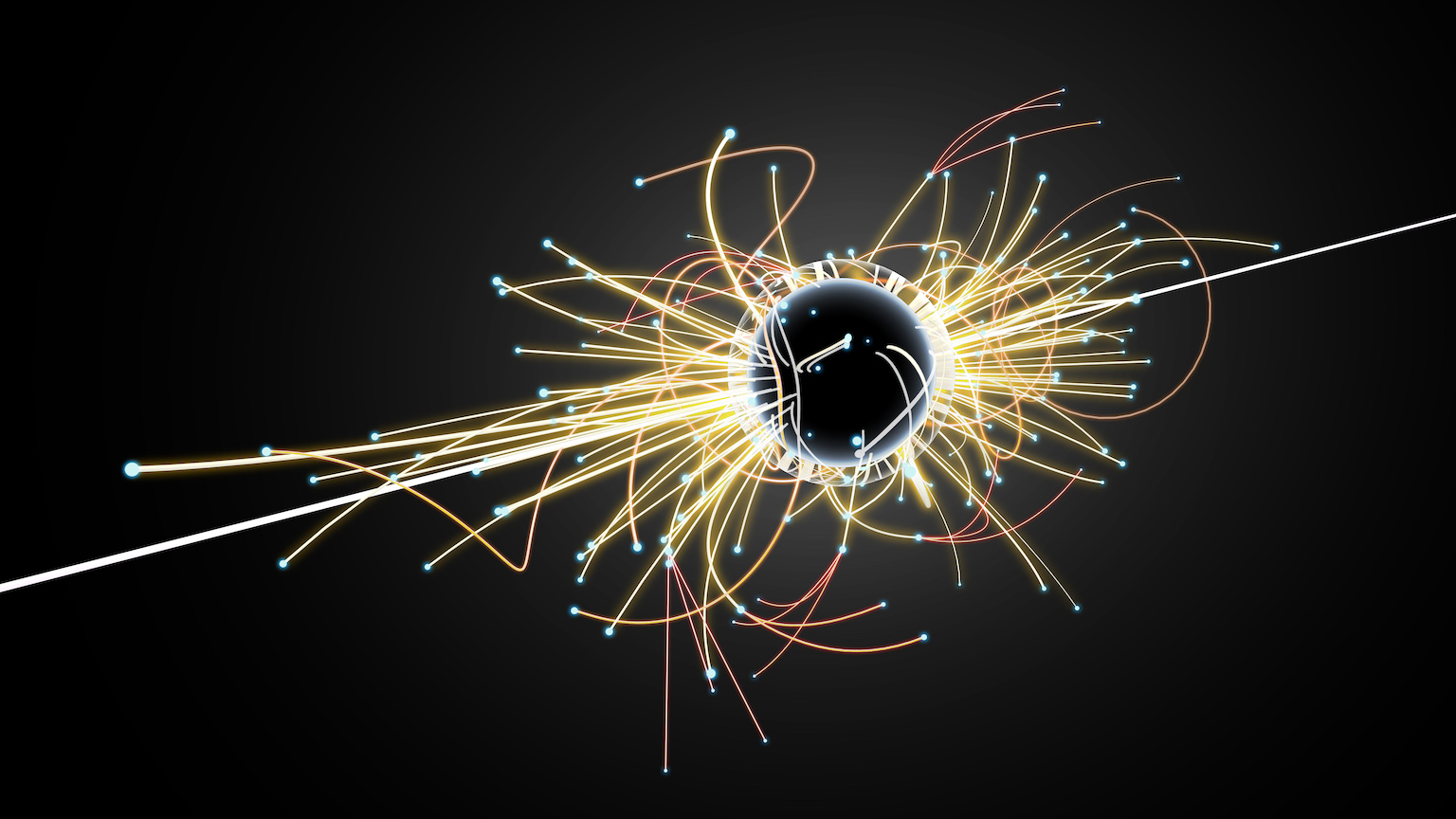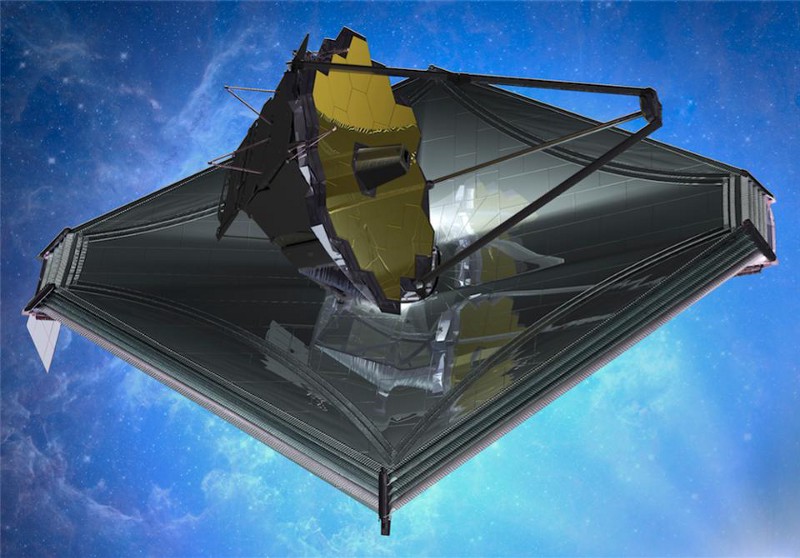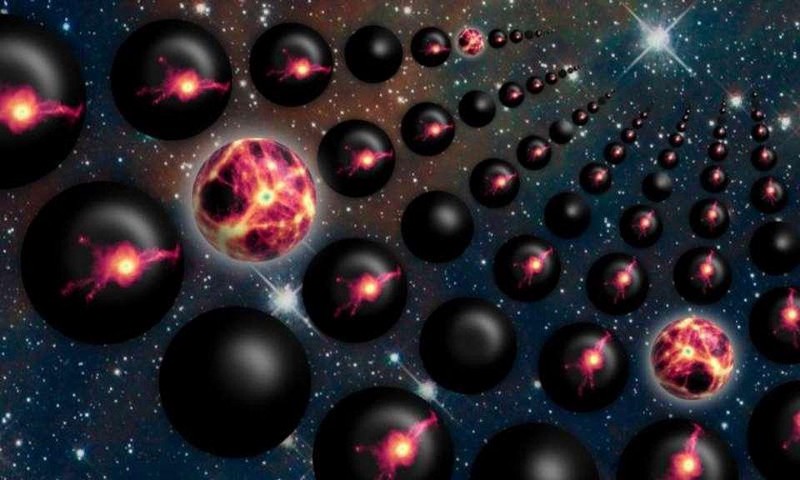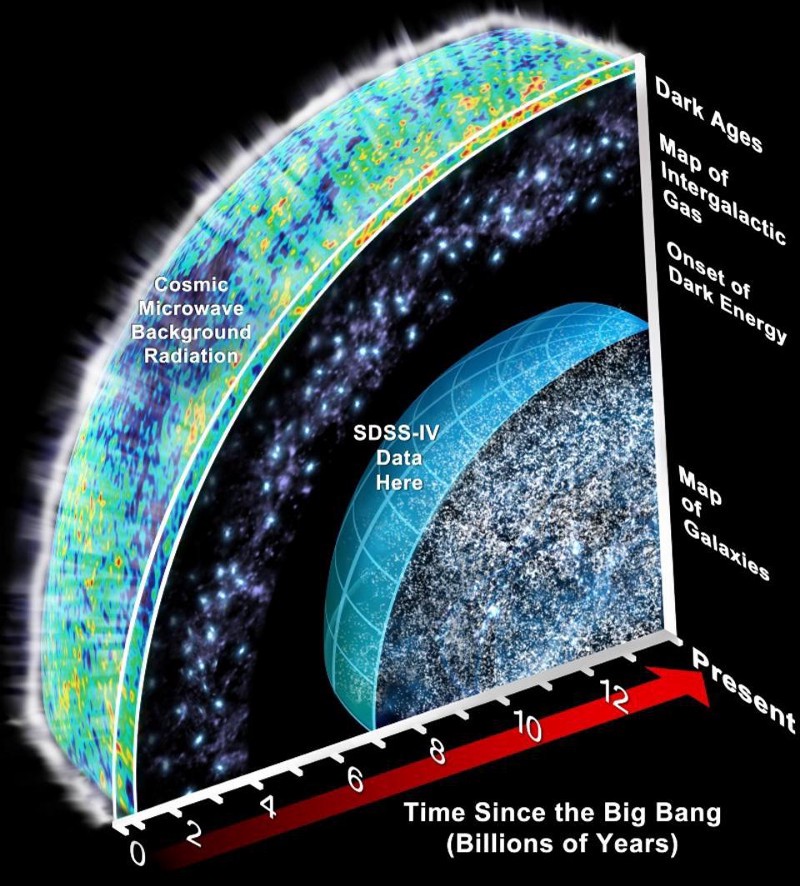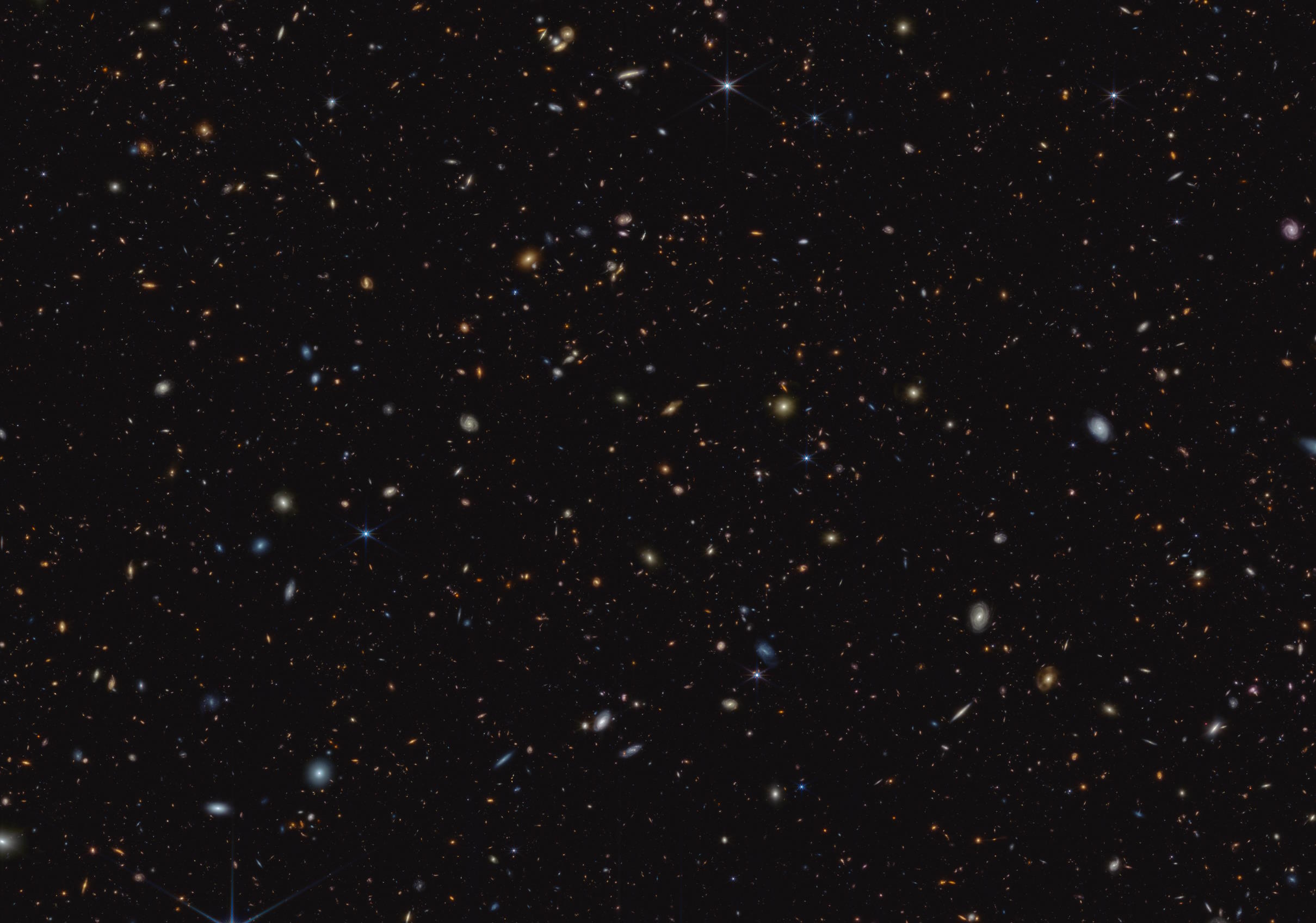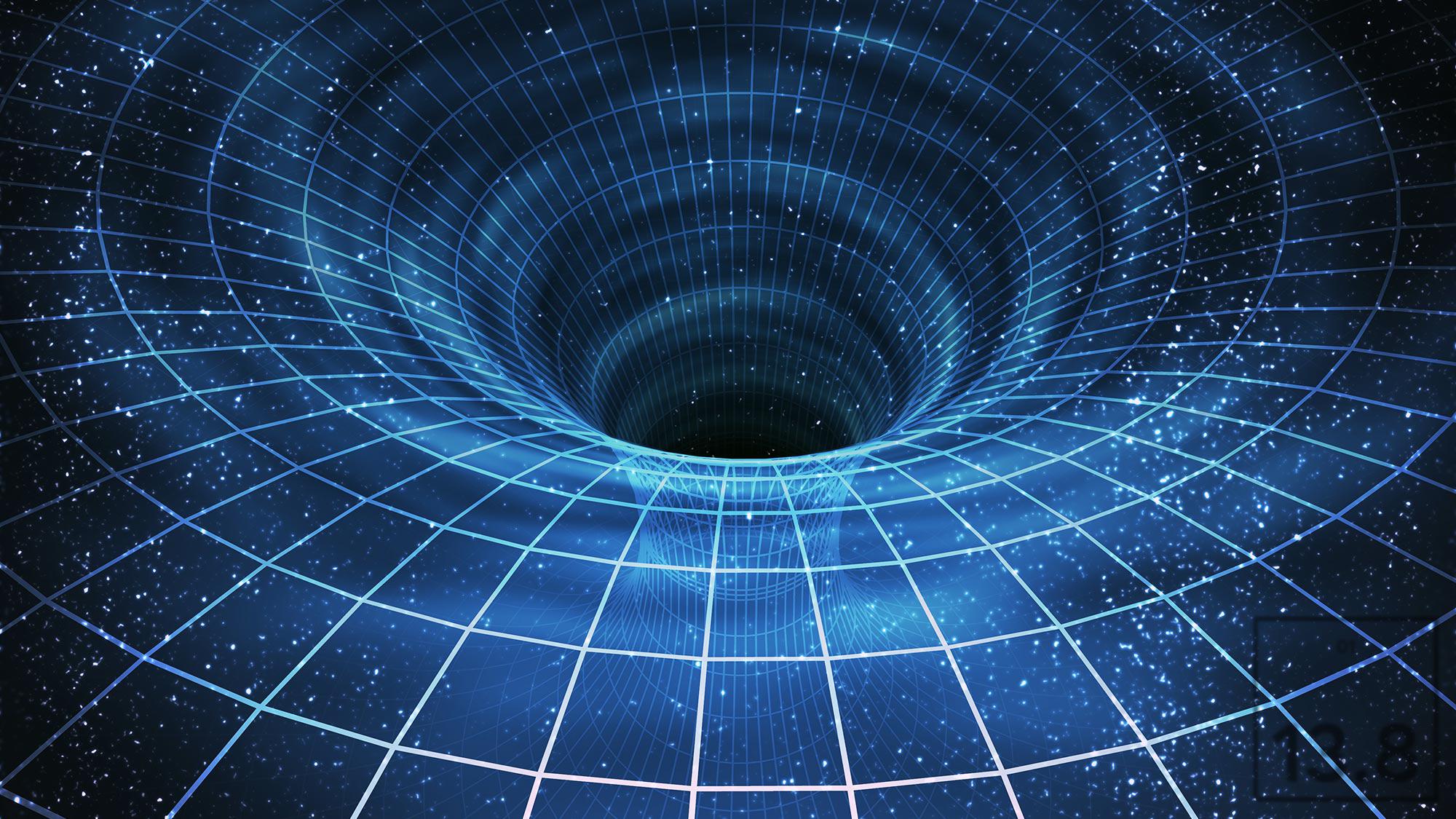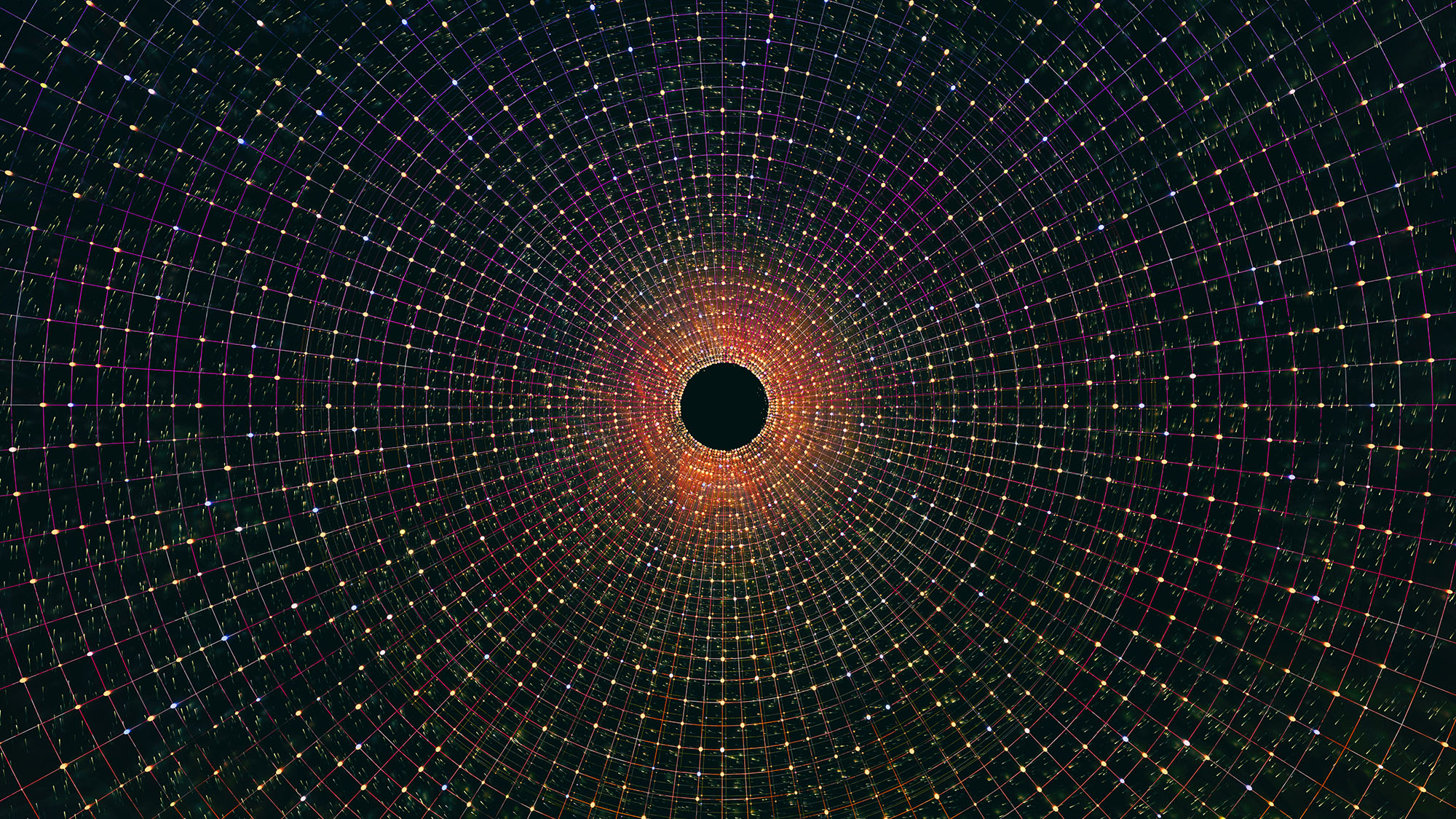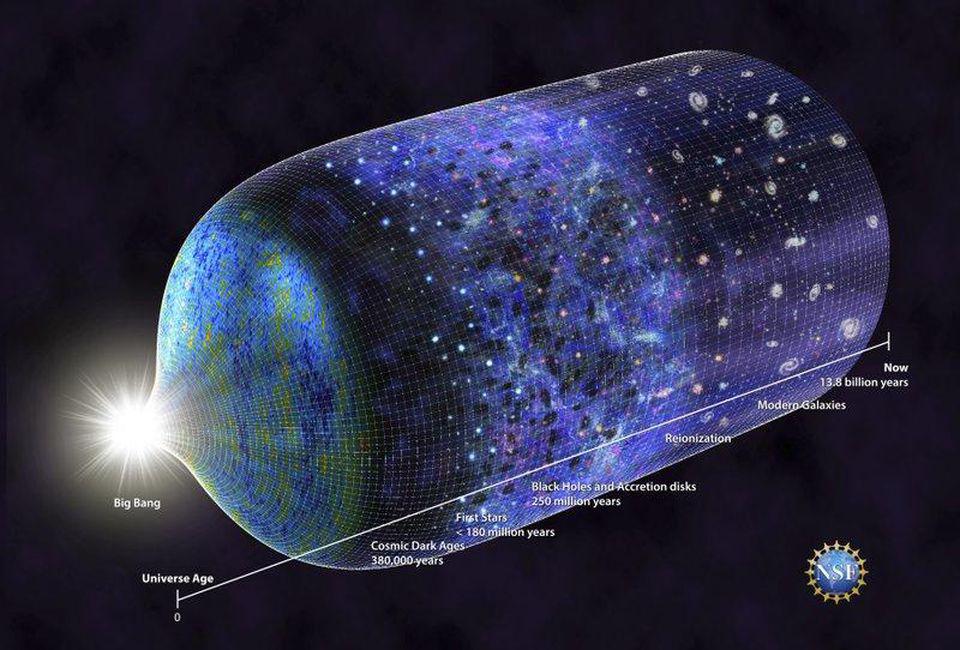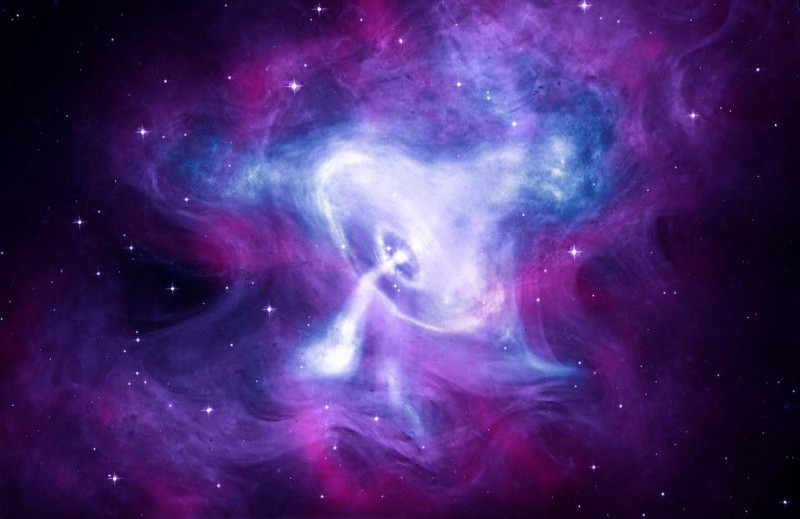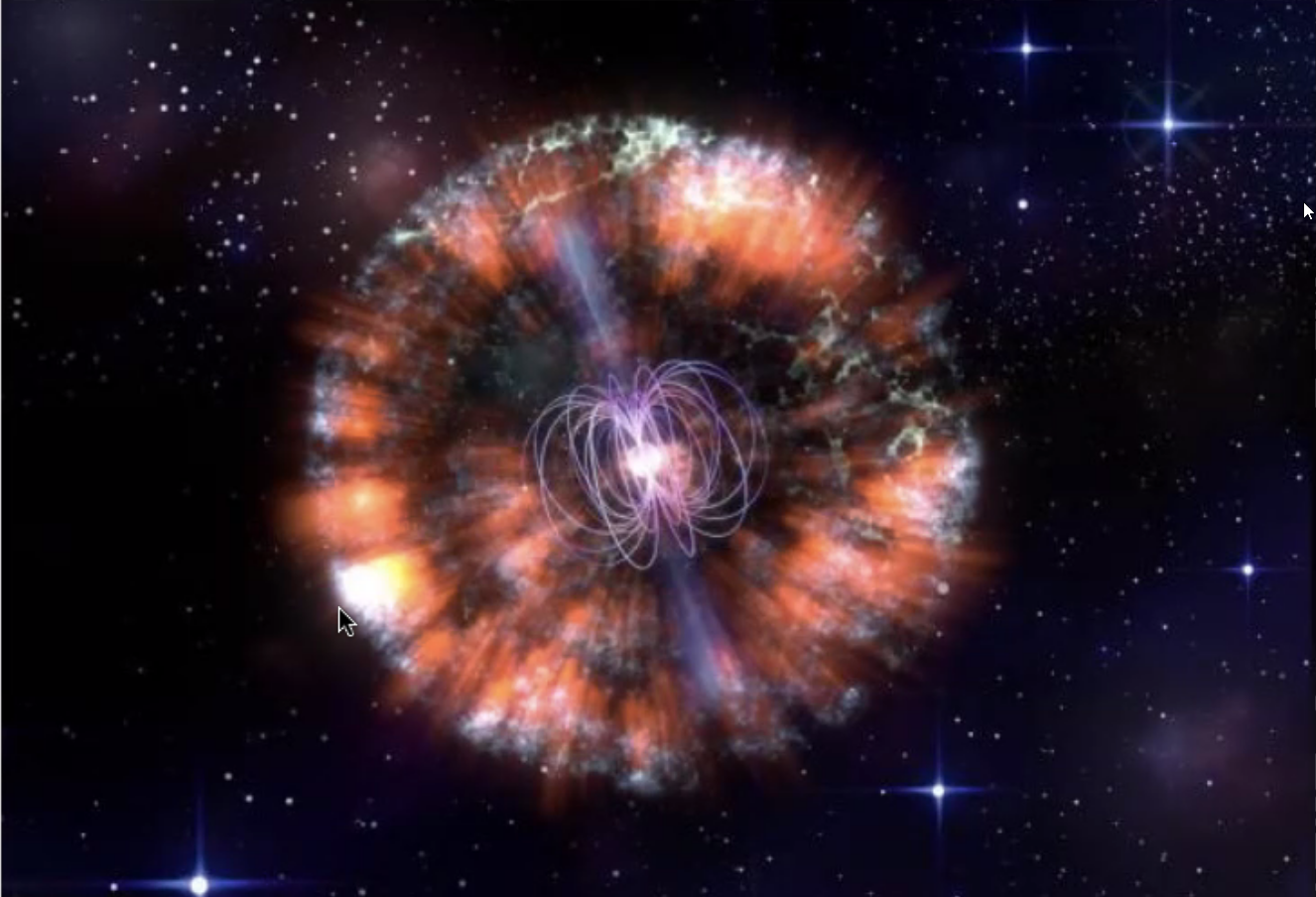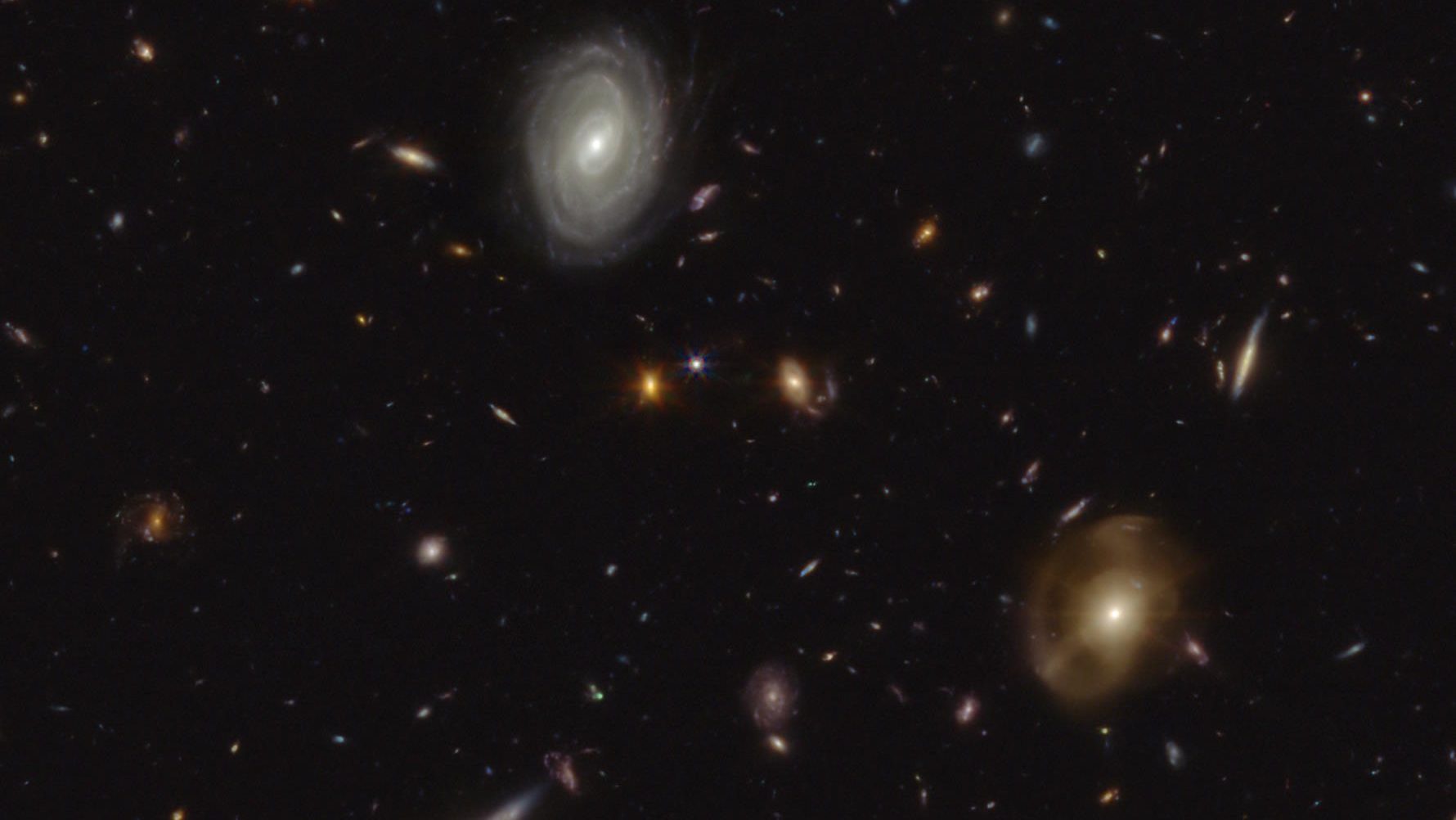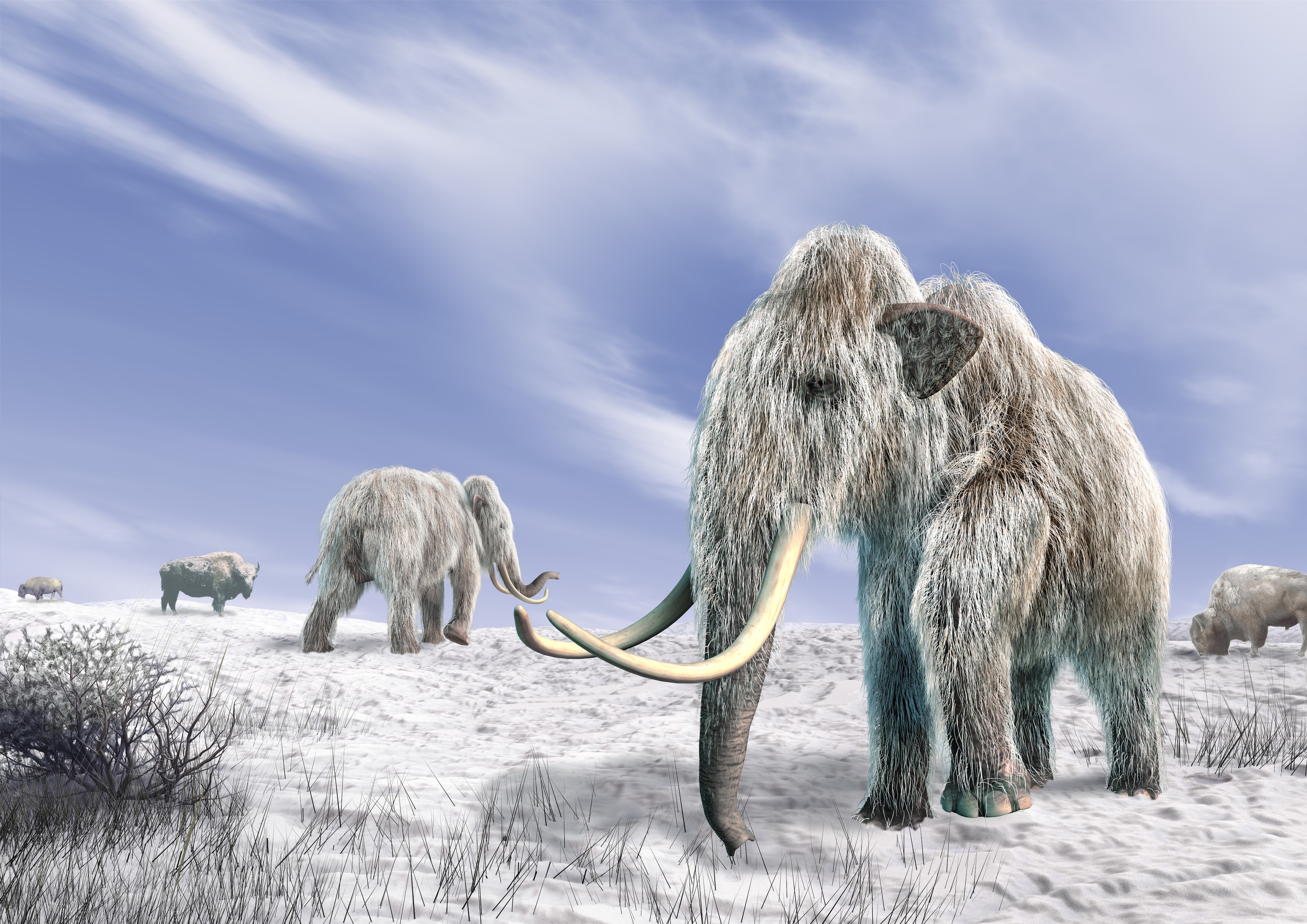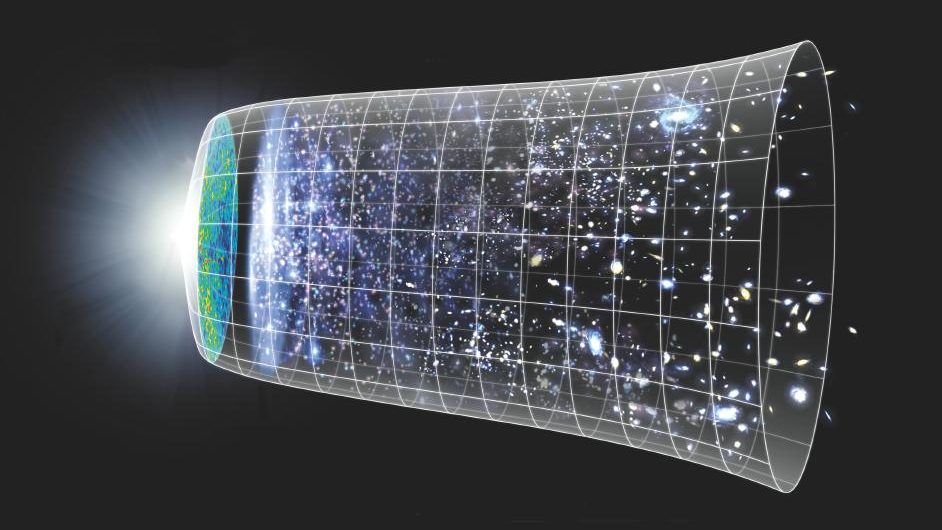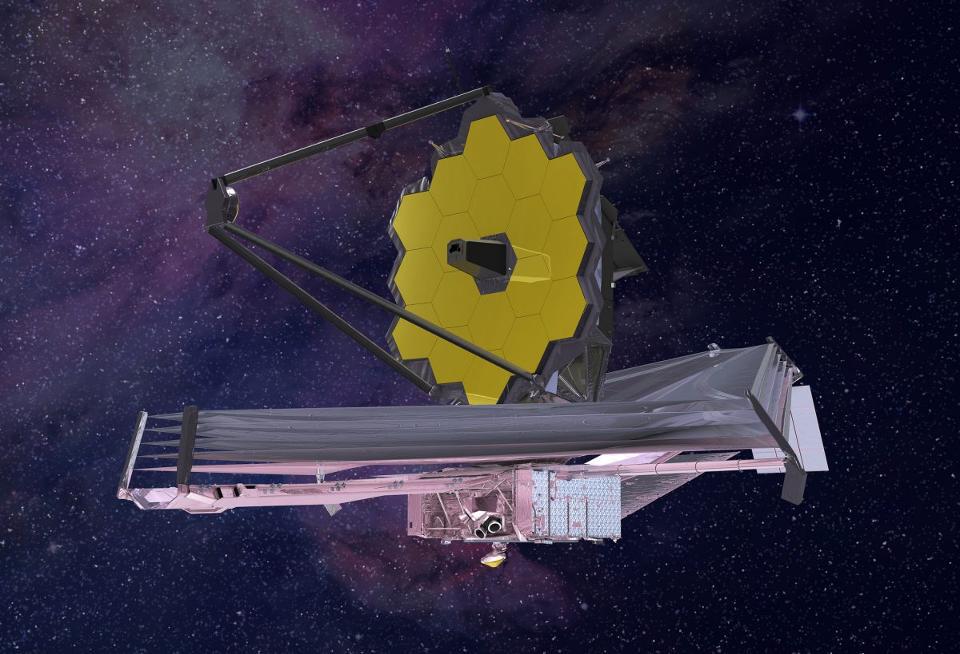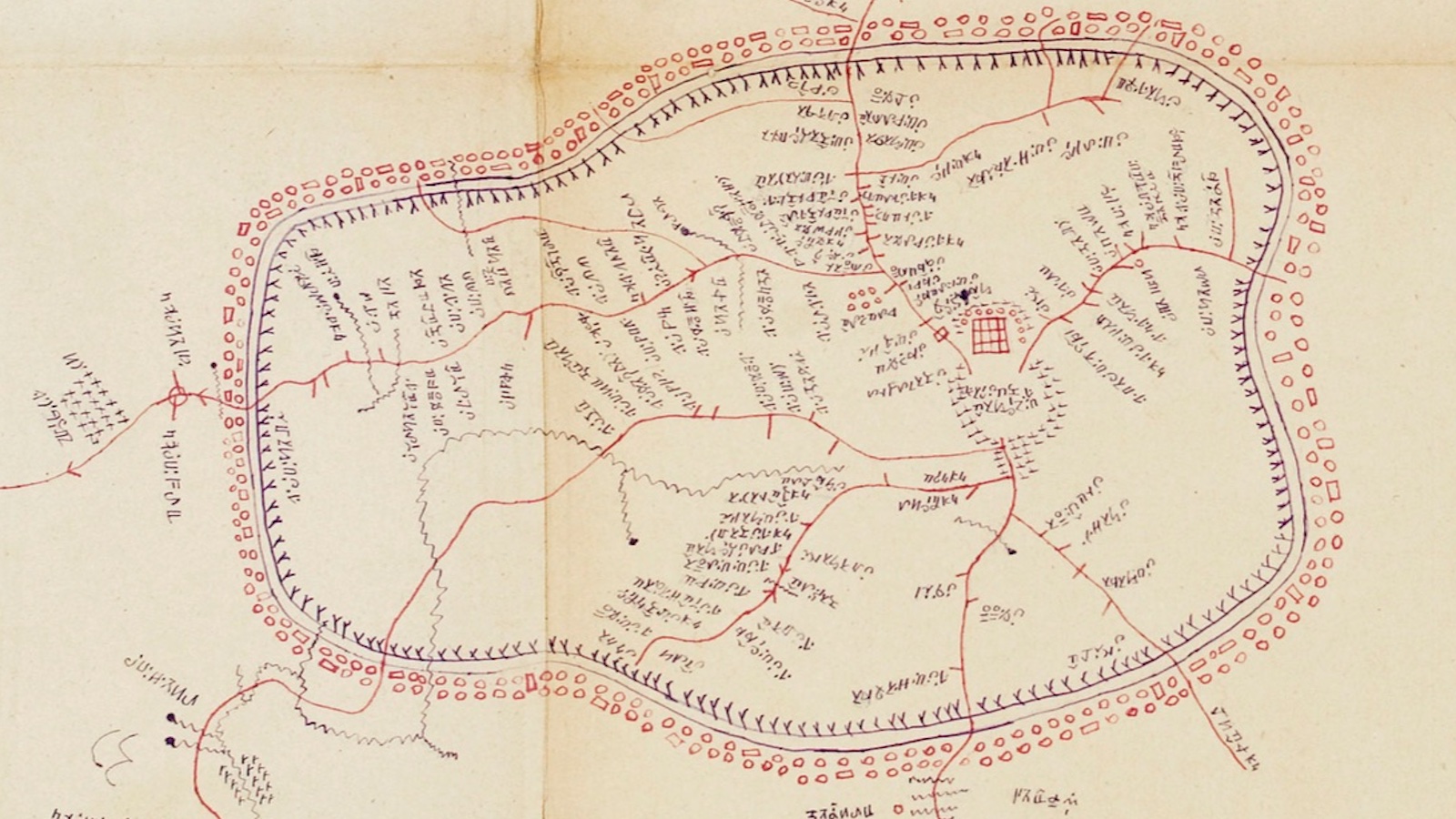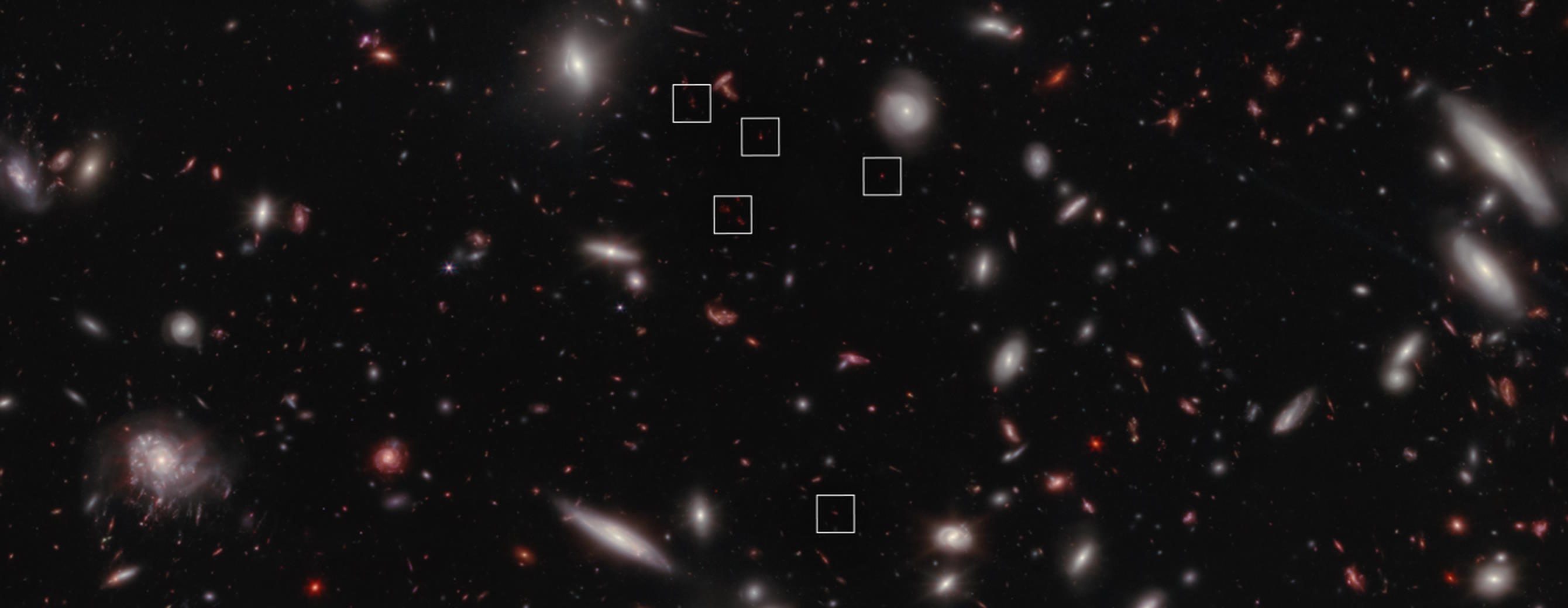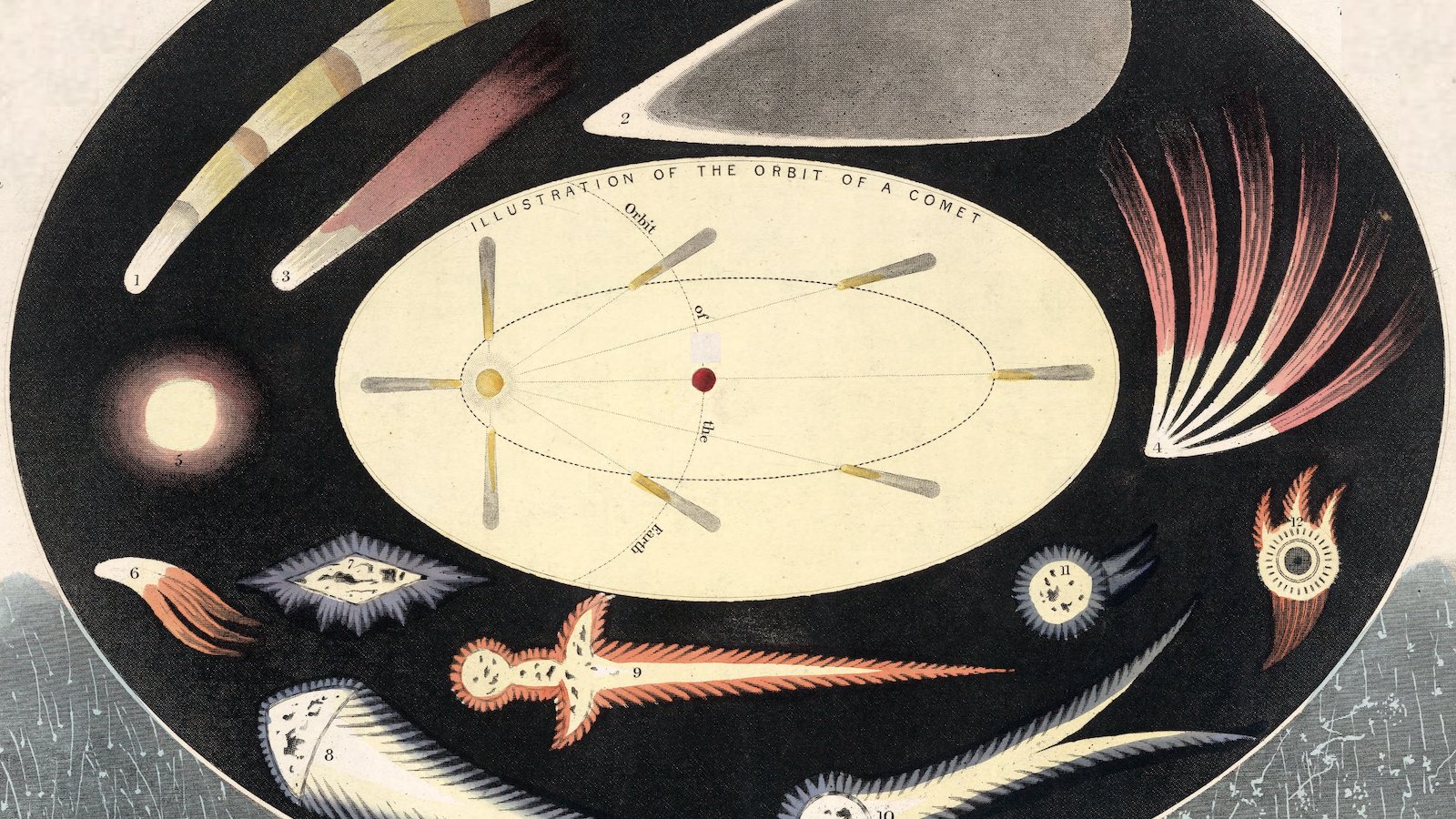The farther away they get, the smaller distant galaxies look. But only up to a point, and beyond that, they appear larger again. Here’s how.
Search Results
You searched for: sun
It’s how successful our current theories are. Some 500 years ago, there was one scientific phenomenon that was, without controversy, extremely well-understood: the motion of the celestial objects in the sky. […]
Popular media often frame scientists as having a cold, sterile view of the world. That couldn’t be further from the truth.
There are a few possible solutions to the problem of interstellar travel, but they largely remain within the realm of science fiction.
Which philosopher had the strongest arguments? David Hume, who raised some of the best challenges for science, ethics, and religion.
Giant particle accelerators aren’t a waste of money. They are essential for understanding the Universe.
“Carpe diem” was only one part of Horace’s poem Odes 1.11.
An artist’s impression of what the fully-deployed James Webb Space telescope will look like from the perspective of an observer on the ‘dark’ (non-Sun-facing) side of the observatory. (NORTHRUP GRUMMAN) […]
Meet the power plant of the future.
The natural wonders of Mauritius include the spectacular sight of an underwater waterfall. Here’s the science of how it works.
‘Reductio ad absurdum’ won’t help you in an absurd Universe. Throughout history, there have been two main ways humanity has attempted to gain knowledge about the world: top-down, where we […]
“Hubble’s Law” is only an approximation, and breaks down when we need it most. From anywhere in the Universe, you can choose to look out at any other galaxy that’s present. […]
Hubble showed us what our modern day Universe looks like. JWST’s big goal was to teach us how the Universe grew up. Here’s where we are now.
A new paper reveals that the Voyager 1 spacecraft detected a constant hum coming from outside our Solar System.
We’ll never be able to extract any information about what’s inside a black hole’s event horizon. Here’s why a singularity is inevitable.
Singularities frustrate our understanding. But behind every singularity in physics hides a secret door to a new understanding of the world.
We confidently state that the Universe is known to be 13.8 billion years old, with an uncertainty of just 1%. Here’s how we know.
The highest-energy particles of all come from space, not human-made colliders. When it comes to the most energetic particle collisions of all, you might think that the Large Hadron Collider […]
The first supernova ever discovered through its X-rays has an enormously powerful engine at its core. It’s unlike anything ever seen.
For many years, cosmologists have claimed the Universe is 13.8 billion years old. A new paper says no, it’s 26.7 billion. How do we decide?
Mammals have a history stretching back 325 million years. To study that ancient history is to know our own origins.
From before the Big Bang to the present day, the Universe goes through many eras. Dark energy heralds the final one.
Left to their own devices, yeast cells will consume all available resources and poison themselves to death. Is humanity smarter than that?
The human brain is only the latest chapter in the ancient story of thinking on Earth.
From exoplanets to supermassive black holes to the first stars and galaxies, Webb will show us the Universe as we’ve never seen it before.
This representation of the Bamum kingdom is a rare example of early 20th-century indigenous African cartography.
There are over 100 known elements in the periodic table. These 8 ways of making them account for every one.
Finding out how the Universe grew up was the biggest science goal of JWST. This ultra-early proto-galaxy cluster is one amazing discovery.
The thrills and horrors of strange heavenly bodies condensed into one attractive snapshot.
